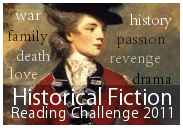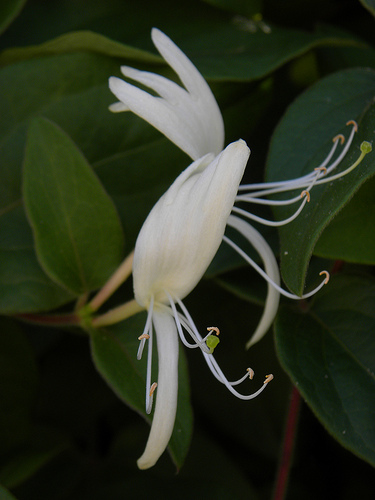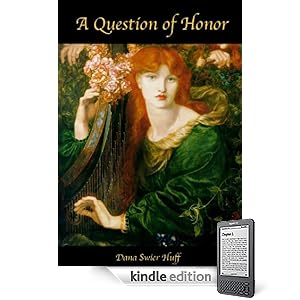[amazon_image id=”B004R1Q9PI” link=”true” target=”_blank” size=”medium” class=”alignleft”]The Secret Diary of a Princess[/amazon_image]Melanie Clegg’s (Madame Guillotine) novel [amazon_link id=”B004R1Q9PI” target=”_blank” ]The Secret Diary of a Princess[/amazon_link] is the story of Maria Antonia, daughter of Hapsburg Empress Maria Theresa of Austria and her husband Emperor Francis I. Marie Antoinette is perhaps best known for being executed during the French Revolution, but this story begins around the same time as negotiations for her marriage to the future Louis XVI began and ends as the wedding itself begins. As such, it offers a rare glimpse into a lesser chronicled period of the life of Marie Antoinette. She emerges a sympathetic character—dutiful and kind, but also hopeful and optimistic. One cannot help but feel sorry for her as we know where the road she is marching down will ultimately lead her.
Clegg’s decision to write the novel as a secret diary and focus on the years leading up to Marie Antoinette’s marriage is an interesting one, and ultimately, I think, a smart one. It is hard to feel pity for a girl brought up in the Hapsburg Court with every luxury, but Clegg manages to create a likeable Marie Antoinette, so happy with her family and so frightened to leave, most likely never to see them again. Clegg’s research into the time period results in an authentic read, and the vivid descriptions of everything from clothing and furnishings to food make the period come alive. The groundwork for some of the dislike the French later felt for Marie Antoinette as an Austrian outsider is also laid, and the novel begs for a sequel chronicling Marie Antoinette’s years in Versailles. The book was published directly to [amazon_link id=”B002FQJT3Q” target=”_blank” ]Kindle[/amazon_link]. It is a quick, compelling read and especially enjoyable for readers who might want to learn more about France’s much maligned queen.
Rating:





While this book definitely qualifies for the Historical Fiction Reading Challenge, I am making a sort of educated leap including it in the YA Historical Fiction Challenge. The author does not necessarily classify it as YA, but given Marie Antoinette’s age for much of the book (she is 14 as the book ends), and some of her concerns, I would say it fits squarely in the YA genre, although adults who don’t necessarily read YA would also feel completely comfortable reading the book.





